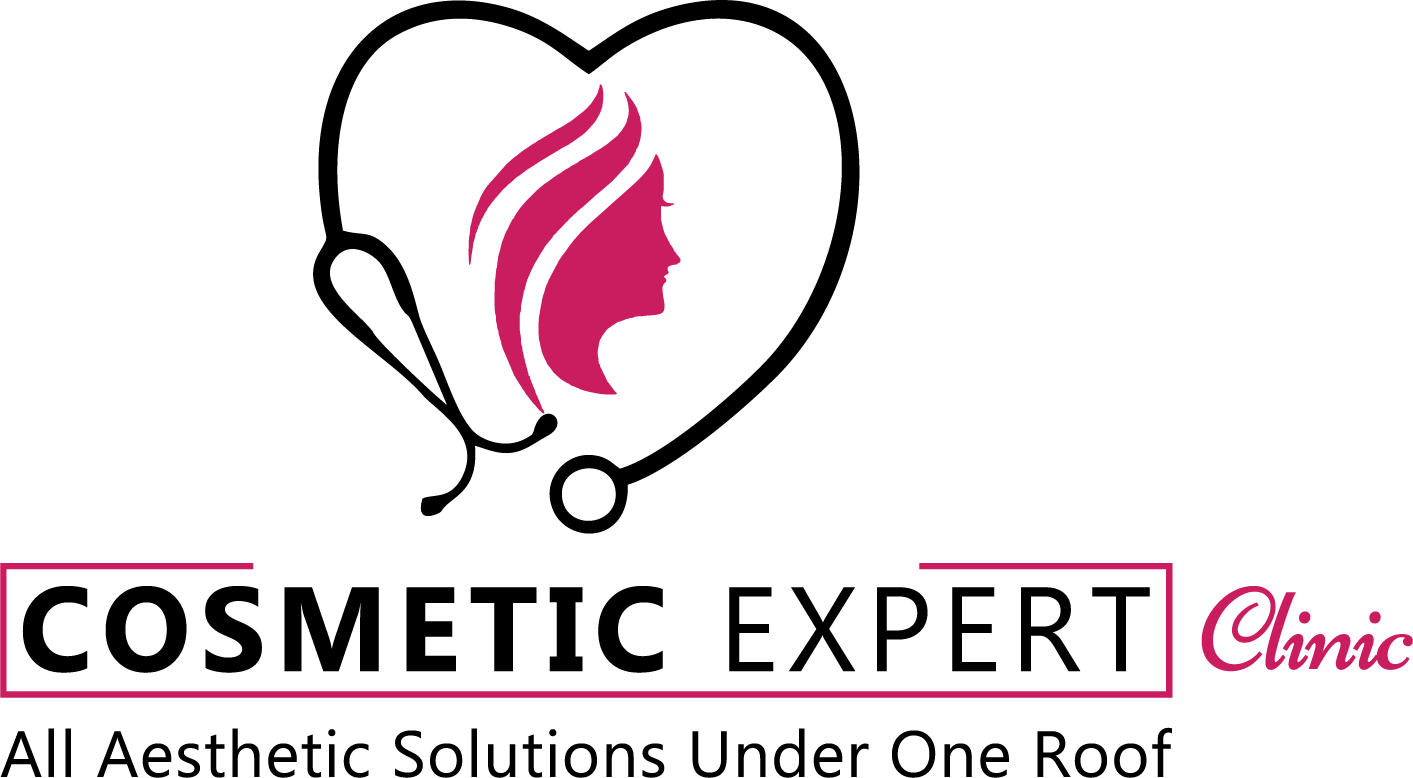Hair transplantation can be an exciting procedure since it is designed to treat baldness. But the, itching is the main concern for many patients. How should this be handled, and is this normal?
As expected, after undergoing a hair transplant procedure, you may experience itching. This itching can develop as soon as two weeks following the surgery in both the donor and recipient areas. This is a benign condition, and it resolves on its own, though it might cause discomfort.
Itching is a symptom of the healing process. For example, when you have a cut or incision, your body tries to heal itself, and you may experience itching at that site. Similarly, punch tools are used to remove the hair grafts from the donor area, and the same punch holes are made in the recipient area, which is likely to itch while they heal. Even though the punch hole wounds made are tiny, they are still wounds.
This guide explores why it happens and what you have to do to treat it.
Body’s response to the healing process:
- When wounds are healing, our body releases chemicals that can cause itching. The skin can bleed when damaged; however, the amount of bleeding depends on the size of the wound. Once the clots form, the bleeding gets stopped, and the clots begin to dry, which eventually forms scar tissue around the wound.
- Similarly, this scar tissue is formed after hair transplantation, which helps to prevent the risk of infection during the healing process.
- The immune system also protects the surgical site from infection during this phase. Tenderness and swelling may also be noticed during this phase.
- The damage made to the scalp during hair transplantation is repaired by your body’s platelets and white blood cells. New tissue is formed within a few weeks, and a new skin surface is restored. You might feel itching at this point as the scabs start to fall off. You will see some pink colour on the skin at this point. This might take a while since the body is healing.
After FUE hair transplantation, how long will the itching last?
Following a hair transplant, itching typically lasts around a week; however, it can also last for a few weeks in some rare cases. After hair transplantation surgery, you may find it difficult to wash your head for four or five days and may also experience severe itching. However, you will feel remarkably better once you wash the area after a few days.
How to manage itching after a hair transplant?
Itchy skin is highly uncomfortable, and it usually gets aggravated at night. Here is a list of treatments you can use at different stages of your recovery for your post-transplant care.
- Do not scratch even when it is itching!
- Spray some saltwater
- An antihistamine can be taken
- Medicated shampoos can be used
- Use of steroid scalp solution
Do not scratch even when it is itching!
At Cosmetic Expert Clinic, we know that it is tempting to scratch your head after having a hair transplant procedure. But, it would be best if you did not do this at all. It is highly recommended to restrain yourself from scratching your implanted hairs. You will put yourself at high risk of skin infection or hair follicle infection (folliculitis) if you do so.
It is even possible to pull out the transplanted hairs, which could negatively influence the results of your hair transplant procedure. Therefore, if you want to touch your hair with anything other than your flat hands, we suggest that you wait at least 14 days.
Spray some saltwater
The transplanted hair can’t be washed for four to five days after the procedure. A saltwater spray will be provided to you by your clinic during this period. In addition to nourishing the hair, this also eliminates debris and dry skin, factors that may cause itching. Spray the transplanted area with as much water as possible to soothe it. Sprinkle the water on the transplanted area, and don’t spray the water as a single jet on hair because it will damage the follicles.
Antihistamine
The scalp releases histamines when it is healing and repairing itself. When this chemical is released, the scalp feels itchy. You can reduce the amount of histamine released in the scalp by taking antihistamines, and consequently, the itching will be reduced. Antihistamines are available at almost all local pharmacies.
Our experts provide you with non-drowsy, long-acting antihistamines as well as short-acting antihistamines that will make you sleepy at night. Commonly we recommend a combination of Cetirizine and Chlorphenamine antihistamines to most of our patients.
Medicated shampoos
In some cases, people may experience itching even after two weeks following hair transplantation. In these cases, people should continue taking the antihistamines as prescribed by the doctor. To ensure their comfort, a Ketoconazole shampoo (a medicated shampoo) is suggested to reduce itchiness. Those who think they may require stronger versions of the shampoo should talk to their surgeon. You can prevent itching by shampooing twice a week for 2-4 weeks.
Steroid scalp solution
Occasionally, when itching lasts for more than 3-4 weeks, the surgeons suggest using a steroid scalp solution. The solution is potent in that it can treat and reduce the itchy feeling within 24 hours.
Applying the solution for a few days can reduce the itchy feeling and any mild residual inflammation you are experiencing after hair transplants. However, this medication should be used only under the guidance of a hair transplant surgeon because it may have adverse effects on the final results if not used properly.
However, consult our hair transplant experts at the Cosmetic Expert Clinic in Peshawar & islamabad, if you are still worried about itching following a hair transplantation procedure or already suffering from itching.
